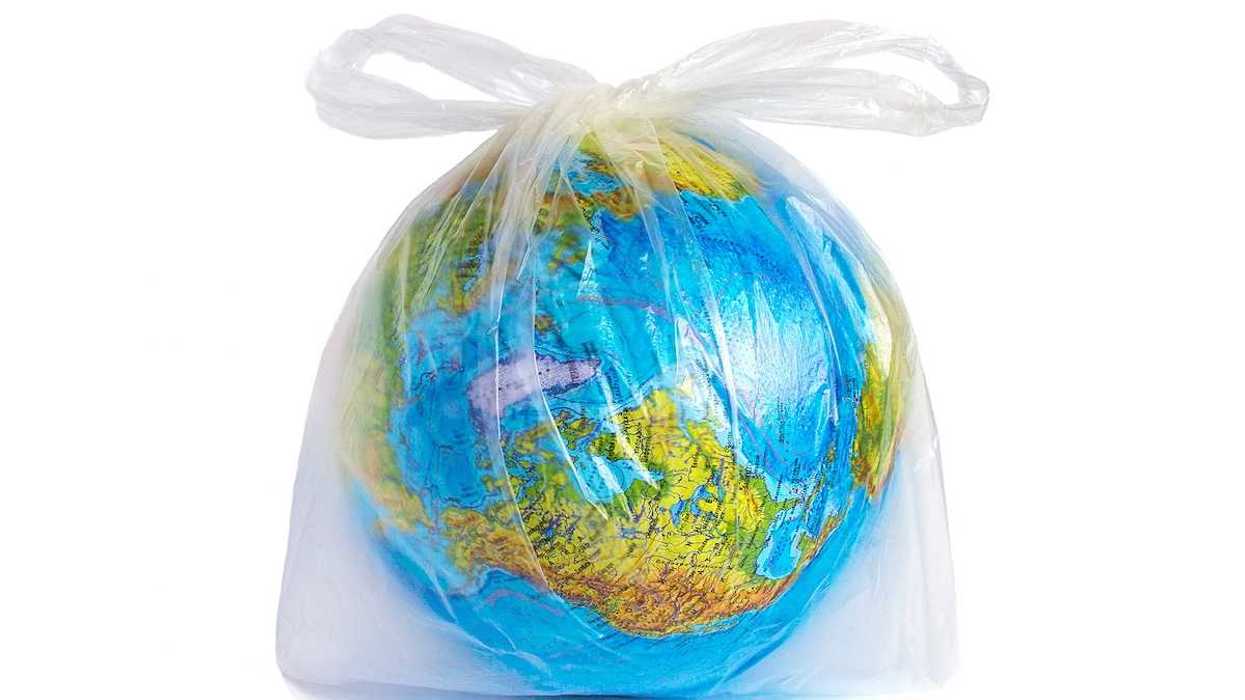A coalition of eminent researchers in the endocrine disruption field - led by Dr. Frederick vom Saal and including Drs. Pete Myers, Jerry Heindel, and Shanna Swan - published a commentary in Environmental Health Perspectives expressing strong support for the European Food Safety Authority’s (EFSA) recommendation to lower the allowable daily exposure to BPA by 20,000-fold.
In short:
- EFSA’s newly suggested standards would be much more protective of public health than those of most other agencies around the world, including the U.S. FDA.
- Although the science on endocrine disruption is well-established, the FDA ignores those principles as well as thousands of studies that clearly show the human health impacts of BPA.
- Existing standards also ignore BPA’s ability to affect health at low levels of exposure, because the FDA relies on disproven methods to determine toxicity.
Key quote:
“The EFSA decision on BPA is a significant step in the right direction at a time when additional giant steps are needed… to regulate exposure to tens-of-thousands of untested chemicals in food, beverages, and household products.”
Why this matters:
EFSA’s decision - the result of utilizing current, 21st century science to assess the risks associated with BPA - would lower the acceptable exposure levels enough to require a ban on BPA’s use in food and food contact materials. Unlike EFSA, the FDA and other regulatory bodies still rely on outdated scientific methods and disproven assumptions to justify safety limits that are well above exposure levels where health impacts are possible. The authors of this paper lay out a clear path to correcting those faults, as well as ways that agencies can act to prevent industry’s use of “regrettable substitutions” like BPS or BPF, which may have health effects similar to BPA.
Related EHN coverage:
- How BPA and its evil cousins dodge meaningful regulation
- Clouded in Clarity: A comic on chemicals & controversy
More from EHS’ Senior Scientists:
Dr. Jerry Heindel on chemicals’ role in the obesity crisis:
Dr. Shanna Swan on chemicals’ impacts on fertility:
Dr. Pete Myers on plastics’ harm to human health:
- WATCH: You have questions about plastics, we have answers
- Pete Myers discusses the "Health Scientists' Global Plastic Treaty"

















